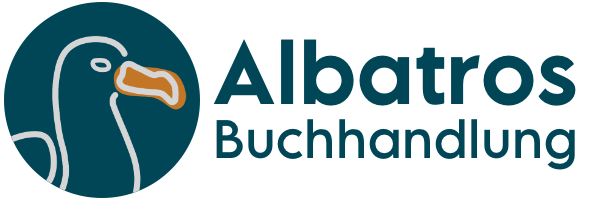Beschreibung
People regularly multitask, though we have been warned about the mental costs of "task-switching" in psychology and the popular press. Meanwhile, economists have remained silent on the possible economic ramifications both good and bad of producers and/or consumers doing more than one thing at once. This first-of-its-kind volume explores the frequency, patterns, and economic implications of multitasking, with a particular focus on the multitasking of non-market activities such as child care, housework, eating, and studying. Using data sets from around the world and best-practice empirical and experimental techniques, the contributors to this volume explore the association of multitasking with output and welfare in a range of settings of interest to economists. Contributions in theory, empirical work, data management, and concepts are combined to yield the discipline's first holistic view of multitasking and to identify where the research frontiers lie in this area.
Autorenportrait
Charlene M. Kalenkoski is Associate Professor and Co-Director of the PhD Program in Personal Financial Planning at Texas Tech University, USA. She earned her PhD in Economics from The George Washington University, USA, in 2002. Her research focuses on how people allocate their time, particularly parents, students, and retirees, and how their allocation of time affects their human capital and overall well-being.
Gigi Foster is Associate Professor in the School of Economics at the University of New South Wales in Sydney, Australia. She earned her BA from Yale University and her PhD in economics from the University of Maryland. Her research interests and contributions lie in the areas of education, social influence, behavioral economics, and the multi-disciplinary analysis of human behavior in groups.
Inhalt
1. Introduction: The Economics of Multitasking; Charlene M. Kalenkoski and Gigi Foster
2. Economic Theories about the Allocation of Time: Review and an Extension for Multitasking; Raúl G. Sanchis
3. Are Women Better than Men at Multitasking Household Production Activities?; Charlene M. Kalenkoski and Gigi Foster
4. The Multitasking Parent: Time Penalties, Dimensions and Gender Differences; Lyn Craig and Judith Brown
5. The Effect of Multitasking on Children's Non-cognitive Skills; Agne Suziedelyte
6. Children's Media Use and Homework Time; Sabrina Wulff Pabilonia
7. Do Americans Eat Meals Anymore or Do They Just Snack?; Karen S. Hamrick
8. Secondary Child Care in the ATUS: What Does It Measure?; Jay Stewart and Mary Dorinda Allard
9. Multitasking and the Returns to Experience; Parama Chaudhury
10. Discussion: The Economics of Multitasking; Charlene M. Kalenkoski and Gigi Foster
Informationen zu E-Books
„E-Book“ steht für digitales Buch. Um diese Art von Büchern lesen zu können wird entweder eine spezielle Software für Computer, Tablets und Smartphones oder ein E-Book Reader benötigt. Da viele verschiedene Formate (Dateien) für E-Books existieren, gilt es dabei, einiges zu beachten.
Von uns werden digitale Bücher in drei Formaten ausgeliefert. Die Formate sind EPUB mit DRM (Digital Rights Management), EPUB ohne DRM und PDF. Bei den Formaten PDF und EPUB ohne DRM müssen Sie lediglich prüfen, ob Ihr E-Book Reader kompatibel ist. Wenn ein Format mit DRM genutzt wird, besteht zusätzlich die Notwendigkeit, dass Sie einen kostenlosen Adobe® Digital Editions Account besitzen. Wenn Sie ein E-Book, das Adobe® Digital Editions benötigt herunterladen, erhalten Sie eine ASCM-Datei, die zu Digital Editions hinzugefügt und mit Ihrem Account verknüpft werden muss. Einige E-Book Reader (zum Beispiel PocketBook Touch) unterstützen auch das direkte Eingeben der Login-Daten des Adobe Accounts – somit können diese ASCM-Dateien direkt auf das betreffende Gerät kopiert werden.
Da E-Books nur für eine begrenzte Zeit – in der Regel 6 Monate – herunterladbar sind, sollten Sie stets eine Sicherheitskopie auf einem Dauerspeicher (Festplatte, USB-Stick oder CD) vorsehen. Auch ist die Menge der Downloads auf maximal 5 begrenzt.

